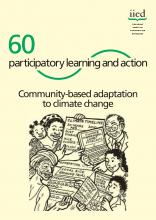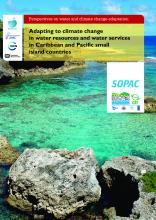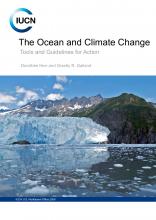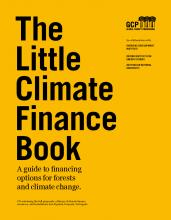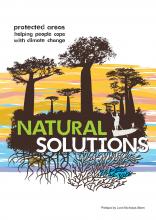Natural solutions: protected areas helping people cope with climate change


Climate Change Resilience, Island and Ocean Ecosystems
Available Online
Climate change poses an unprecedented level of threat to life on the planet. In addition, predictions about the scale and speed of impact are continually being revised upwards, so that what was already a serious situation continues to look even more threatening. The facts are well known. Atmospheric greenhouse gases are creating warmer temperatures, ice melt, sea-level rise and an unpredictable climate, with a range of extremely serious and hard-to-predict consequences. Recent research shows an increasingly bleak picture. During the period of writing this report new information suggests that: we may already be too late to prevent widespread collapse of coral reef systems due to ocean acidification; climate change adaptation will cost US$75-100 billion a year from 2010 onwards for developing countries according to the World Bank; and climate change may move faster than expected with average temperatures rising 4ºC by 2060 compared to pre-industrial levels according to the UK Meteorological Office. But serious as the situation has now become, much can still be done to reduce the problems created by climate change. This report focuses on the role that protected areas can play in mitigating and adapting to climate change; a set of options that hitherto has been under-represented in global response strategies. In the rush for new solutions to climate change, we are in danger of neglecting a proven alternative.
